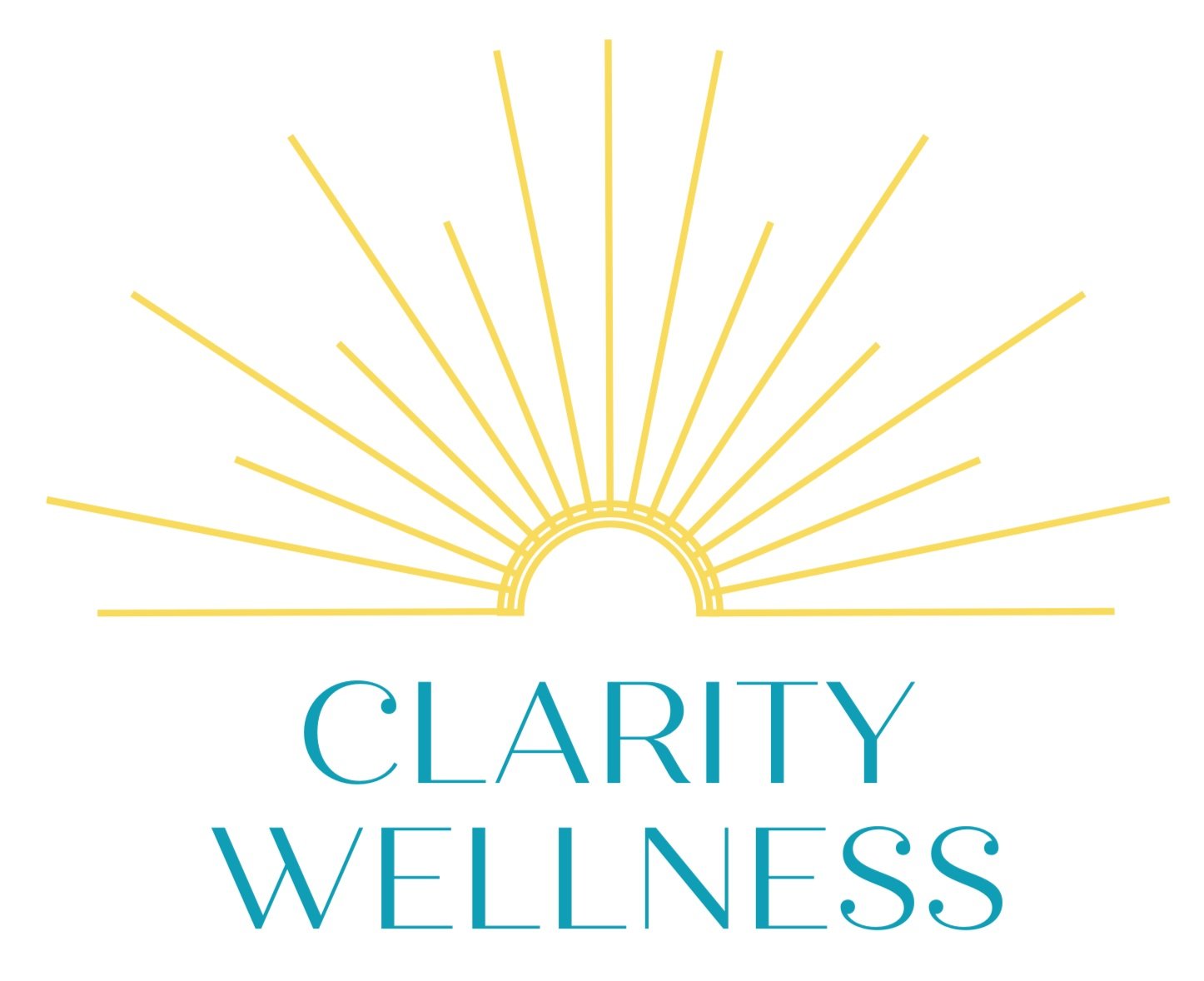"PEACE. It does not mean to be in a place where there is no noise, trouble or hard work. It means to be in the midst of those things and still be calm in your heart.."
- Unknown
How do you handle stress? What impact is it having on your life?
Most Americans suffer from chronic stress, which can affect our health, relationships, work performance, and overall sense of wellbeing. Research suggests that as much as 90 percent of illness and disease is stress-related. A regular meditation and mindfulness practice can help us manage that stress, increasing levels of happiness, enhancing mental clarity & focus, strengthening the immune system, and improving our overall health.
What are mindfulness and meditation?
Mindfulness is the intentional, moment-to-moment awareness of one’s experience without judgment. It’s a way of being actively aware of what you’re doing while you’re doing it. Mindfulness is less of a particular activity and more a way of life; it can be achieved through a variety of modalities and simple techniques.
Meditation is a technique that helps to cultivate the presence of mindfulness. Essentially, it is the practice of focusing one’s concentration in order to increase awareness of the present moment. In meditation, the mind is clear, relaxed, alert, and inwardly focused. This state of mental calm triggers a natural response – a built-in instinct – allowing the body to engage its own self-healing abilities.
There are many types of meditation (guided visualization, mindfulness, walking, sound healing... just to name a few!). It is an entirely subjective practice and there is no right or wrong way to meditate. By practicing consistently and finding a style that resonates with you, you’ll not only experience the joy and benefits of meditation, but you might just find you’re better at it than you thought!
Why should I practice mindfulness?
Hundreds of studies have been conducted on the effects of mindfulness on human physiology and behavior. People who practice mindfulness regularly report reduced stress, depression, and anxiety and increased well-being and happiness.
Greater effectiveness in brain functioning
Improved ability to focus
Increased creativity
Deeper level of relaxation
Improved perception and memory
Improved immune system
Decrease in stress hormone
Lower blood pressure & improved cardiovascular health
Slowing of aging process
Reduced need for medical care
Reduction in cholesterol
Increased self-actualization
Decreased cigarette, alcohol, and drug abuse
Increased productivity
Healthier relationships

